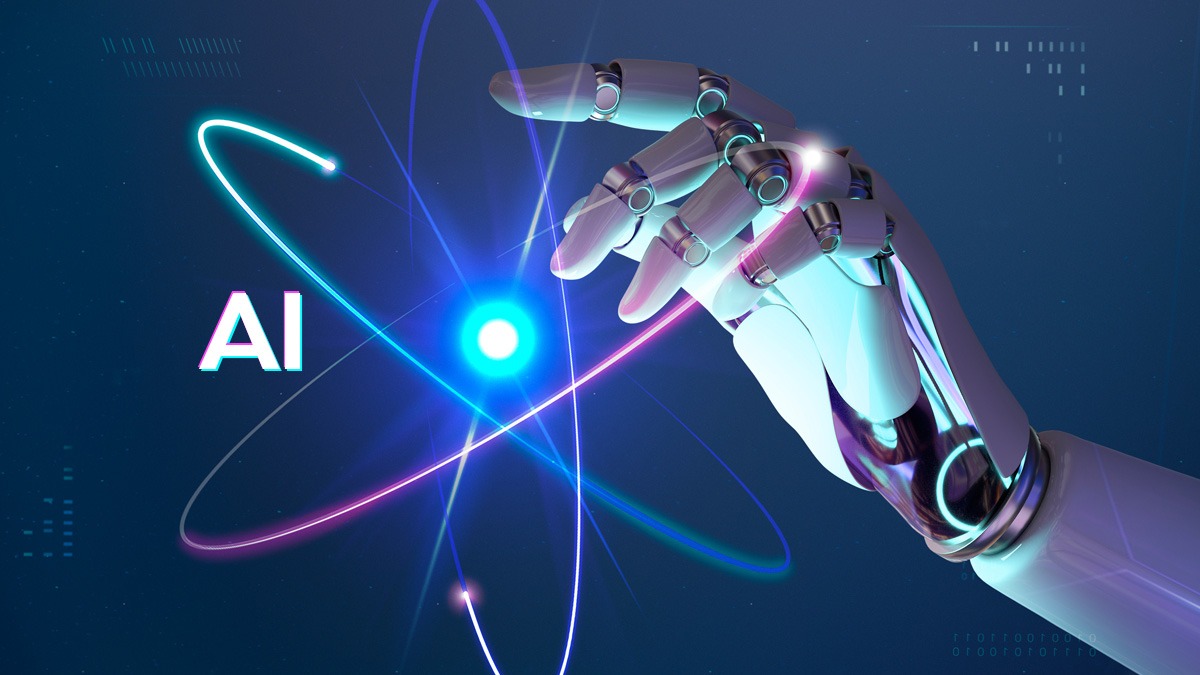
The Escalating Energy Appetite of AI
The generative artificial intelligence (AI) sector is rapidly expanding, with projections indicating a potential energy consumption comparable to Spain in a few years.
Morgan Stanley's Energy Consumption Forecast
Morgan Stanley's experts predict a 70% annual increase in AI industry energy consumption, soaring from less than 15 TWh in 2023 to an estimated 224 TWh in 2027 – nearly matching Spain's 2022 energy consumption of approximately 230 TWh.
Balancing Act: AI's Positive Impact on Climate
While AI's energy demands surge, experts argue for a positive environmental impact. Wide-scale adoption of clean energy in AI industries could lead neural networks to contribute to carbon emission reduction.
Fueling the Demand: Building Clean Energy Infrastructure
The growth in AI-related energy demand calls for substantial construction of new clean energy facilities. Renewable energy companies and data center infrastructure providers stand to benefit from the rising tide of the generative AI sector.
Impact on the Energy Sector
Morgan Stanley's report raises concerns about the potential negative effects of AI expansion on fossil fuel usage and carbon emissions. The fear is that increased demand for electricity in the AI industry might lead to a surge in fossil fuel consumption, even if the sector is directly powered by clean energy sources.
The OpenAI Perspective: A Call for Breakthroughs in Nuclear Fusion Technology
OpenAI's CEO, Sam Altman, warns that the AI sector will consume far more energy than currently anticipated. Meeting this demand may necessitate breakthroughs in nuclear fusion technology.
Competitive Clusters: Data Processing Centers Driving Clean Energy Competition
The report emphasizes that data processing center clusters could intensify competition for clean energy supply, potentially surpassing existing pipelines for renewable resource creation. This intensification aligns with the current trend of data centers and tech giants adhering to net-zero goals, compelling them to invest in new clean energy facilities, including small-scale nuclear fission reactors.
In conclusion, the intersection of AI growth and energy consumption poses challenges and opportunities. As the AI sector surges, it drives the need for innovative energy solutions and clean infrastructure development, reshaping the landscape of the energy industry.
https://www.zugtimes.com/unraveling-the-surge-in-artificial-intelligences-power-consumption/